[continued from the Last Post.]
KNOWLEDGE ECONOMY PRINCIPLES
The genesis of knowledge occurs in human minds. (This is different to information and data).
Sharing and dissemination of knowledge engenders trust, bonding, and openness.
Technopreneurs emerge from crucibles of knowledge ~ novel circumstances create interest and enable people to become able. A Knowledge Organisation also has a repository of
solutions to frequently encountered problems (FEPs).
Knowledge is a democratic commodity; its sharing is to be encouraged, inspired, and rewarded.
Across the board support from top management is vital for the release and proliferation of resources.
Knowledge moves, evolves, and grows via experiment-to experience pilot programmes. Dare to do!
Knowledge initiatives need to be constantly evaluated via quantitative and qualitative measurements. Creation of an Organisational Knowledge Map is invaluable for providing
better information about where exactly knowledge resides in the Organisation and how to access it. This can also be done elctronically, with on-line ‘Yellow Pages.’
Knowledge is a vital ingredient of creativity ~ it should be encouraged to evolve in unexpected ways. A collaborative learning organisation will inspire explosions of creativity.
The Lotus Blossom Matrix stimulated several insights for the Breakthrough Program as shown on p.148. Matching Knowledge Economy Principles show how thoughts can harmonise with actions for successful navigation towards breakthrough!
It is important to remember that Organisations today are differentiated by what they know. This knowledge is everevolving, never static. That is, they ‘never take know for an
answer’ but instead, keep on knowing, so that they remain relevant to the challenges of the Knowledge Economy.
A personal hard copy as well as communal on-line Knowledge Map keeps pace with growth in knowledge. Locations of expertise, inventories of resources, and the overall ingredients
of Intellectual Capital (brainpower), are invaluable entries in the Knowledge Map. This Map then serves as a strategic tool to maintain learning momentum, evaluate knowledge stock, and reveal strengths to be harnessed and gaps that need to be filled.
Note: This exercise was devised for the visionary staff at the Institute of Technical Education, Singapore.
[Excerpted from 'Surfing the Intellect: Building Intellectual Capital for a Knowledge Economy', by Dilip Mukerjea.]
Subscribe to:
Post Comments (Atom)
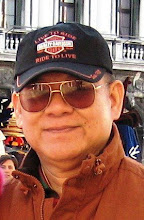


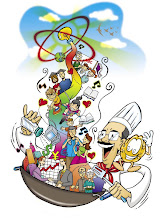
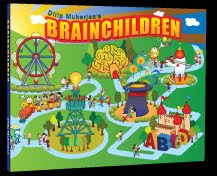



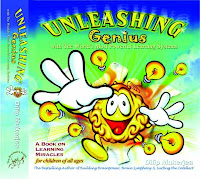
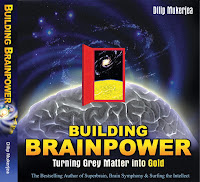
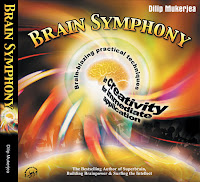





No comments:
Post a Comment